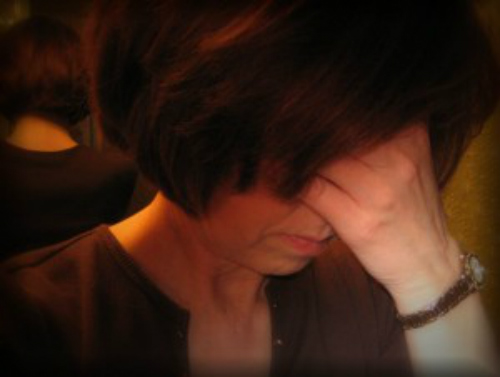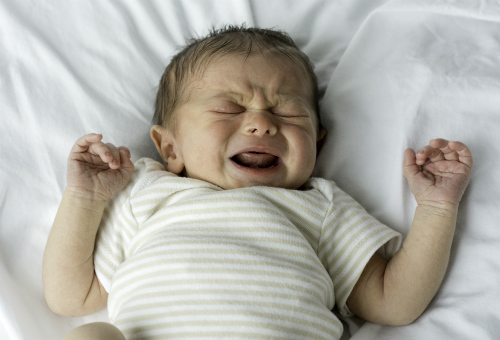- Seven characteristics predict who will become anxious or depressed.
- Children of depressed mothers are significantly more likely to be abused.
- Children of depressed mothers are significantly more likely to become depressed, anxious, or attempt suicide.
- Depressed mothers often suffer unnecessarily; the disorder can be effectively treated.
- Pre-natal intervention can spare significant pain and comorbidity in mother and child.
The authors of a recent systematic review found have been able to isolate a number of characteristics that place women at significantly higher risk of post-partum anxiety or depression.
The researchers evaluated 97 published studies in order to identify the most relevant factors associated with antenatal depression or anxiety. According to the new in the Journal of Epidemiology, those risk factor are as follows:
- Adverse events in life and high perceived stress
- History of abuse or of domestic violence
- Lack of partner or of social support
- Personal history of mental illness
- Pregnancy loss
- Present/past pregnancy complications; and,
- Unplanned or unwanted pregnancy

Depression or anxiety in a new mother has been shown to have negative effects on the child or children in a large portion of cases. The children of depressed mothers are significantly more likely to be abused, become depressed, and attempt suicide versus children of non-depressed mothers. The results of the present study show a complex etiology of antenatal depression and anxiety.
The researchers recommended that the administration of a screening tool to identify women at risk of anxiety and depression during pregnancy be a universal practice in order to promote the long-term well being of mothers and babies. The data in this review provide specific factors that may help in creating a screening tool for women at higher risk.
Protecting Children
Any careful clinician can ask a pregnant woman about her state of mind. Ask the father or stepfather to leave the room. Send him for ice, or water so that you can have a frank, private word with the pregnant patient. Even a stern, “wait outside” might do.
Ask the patient if she has any of the 7 experiences or characteristics listed above. If she does, make sure that she receives some sort of care or counseling before the child arrives. Pre-natal counseling could have profound benefits for both the mother and the child – at a fraction of what it would cost and effort required to treat later in life.

